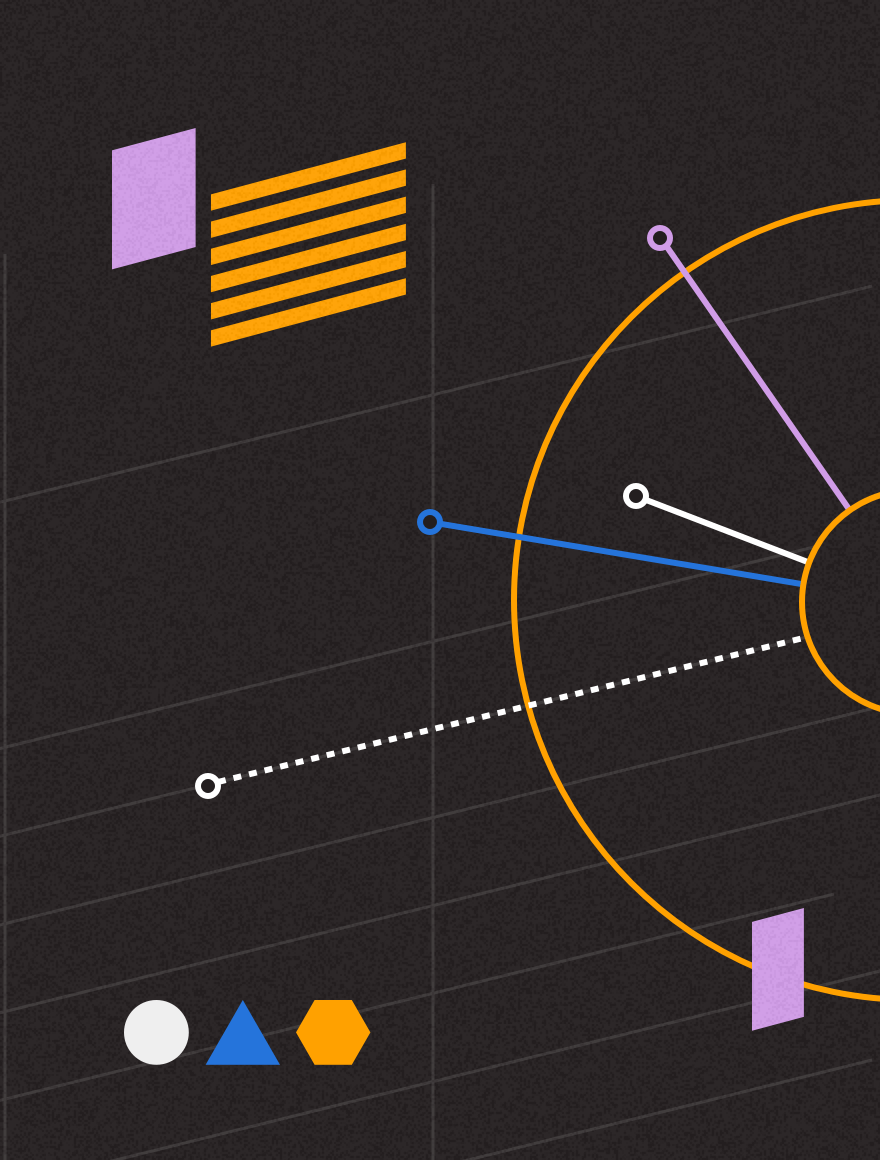Deferred Revenue
Deferred Revenue
Term Definition Deferred Revenue occurs when a customer is invoiced for a software or service that is delivered over a period of time. Deferred Revenue is particularly prevalent in support and Software as a Service (SaaS) contracts. For example, a customer is invoiced $12,000 for a one year SaaS engagement or a support maintenance plan. This […]
Term Definition
Deferred Revenue occurs when a customer is invoiced for a software or service that is delivered over a period of time. Deferred Revenue is particularly prevalent in support and Software as a Service (SaaS) contracts. For example, a customer is invoiced $12,000 for a one year SaaS engagement or a support maintenance plan. This amount must be entered in your accounting system as a liability (the company has agreed to provide the service over the next 12 months). Every month thereafter, as the service is rendered, the company can recognized $1,000 of revenue which also results in a $1,000 reduction of the liability. Deferred revenue can also occur in a situation where a customer is invoiced for bundled hardware and services that are not yet delivered. For example, a customer is invoiced $10,000 for new equipment and its installation. This amount is recorded in a deferred revenue liability account. When the equipment is delivered and installed, $10,000 is reported as revenue and the entire liability is reversed.
Area of Application
Revenue Recognition
Related Terms
Project Accounting
Delivery
Vendor Specific Objective Evidence (VSOE)
